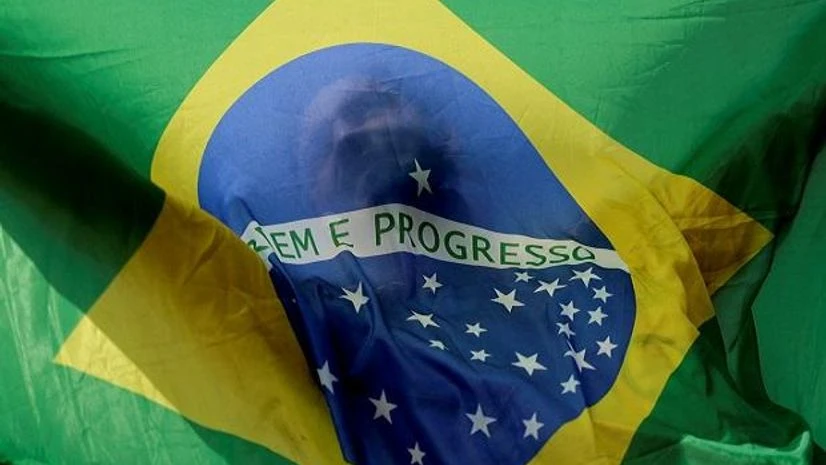Brazil's central government primary budget deficit reached 230.5 billion reais ($47 billion) in 2023, Treasury data showed on Monday, in a sharp fiscal deterioration that casts doubt on the official goal of balancing the accounts this year.
The annual deficit, equivalent to 2.1% of Gross Domestic Product (GDP), reverses a 0.5% surplus in 2022 and represents the second-largest ever recorded by the country, below only 2020 when the government boosted expenses during the COVID pandemic.
The shortfall follows a December primary deficit of 116.1 billion reais, impacted by 92.4 billion reais disbursements to settle court-ordered payments.
Brazil's government has the goal of eliminating its primary budget deficit this year, but markets have been skeptical about the chances of the pledge being fulfilled given the significant fiscal expansion last year.
Asked in a press conference about how confident the government was around achieving the goal, Treasury Secretary Rogerio Ceron emphasized that court-ordered payments accounted for a significant portion of the 2023 deficit.
Also Read
"Looking at 2024, we've been seeing positive signs, in line with our planning," he added, highlighting that revenue has outperformed expectations in January.
In 2021, former President Jair Bolsonaro's government enacted a constitutional amendment in Congress to impose an annual cap on court-ordered payments, leading to an unpaid backlog that the administration of President Luiz Inacio Lula da Silva subsequently addressed.
The 2023 annual deficit comes on the heels of a 12.5% increase in real terms in expenditures, while the net revenue of the central government - composed of Treasury, central bank, and Social Security - fell 2.2% during the year.
Excluding the impact of court-ordered payments, the primary deficit for the year would have been 138.1 billion reais, still exceeding the figures initially indicated by the leftist government, which increased social spending.
Finance Minister Fernando Haddad took office pledging to achieve a deficit equivalent to 1% of GDP this year, or around 100 billion reais. However, in recent months, he and his team have conceded that this target would no longer be attainable.
In unveiling new fiscal rules, the administration of President Lula projected an even more ambitious deficit of 0.5% of GDP for this year.

)
